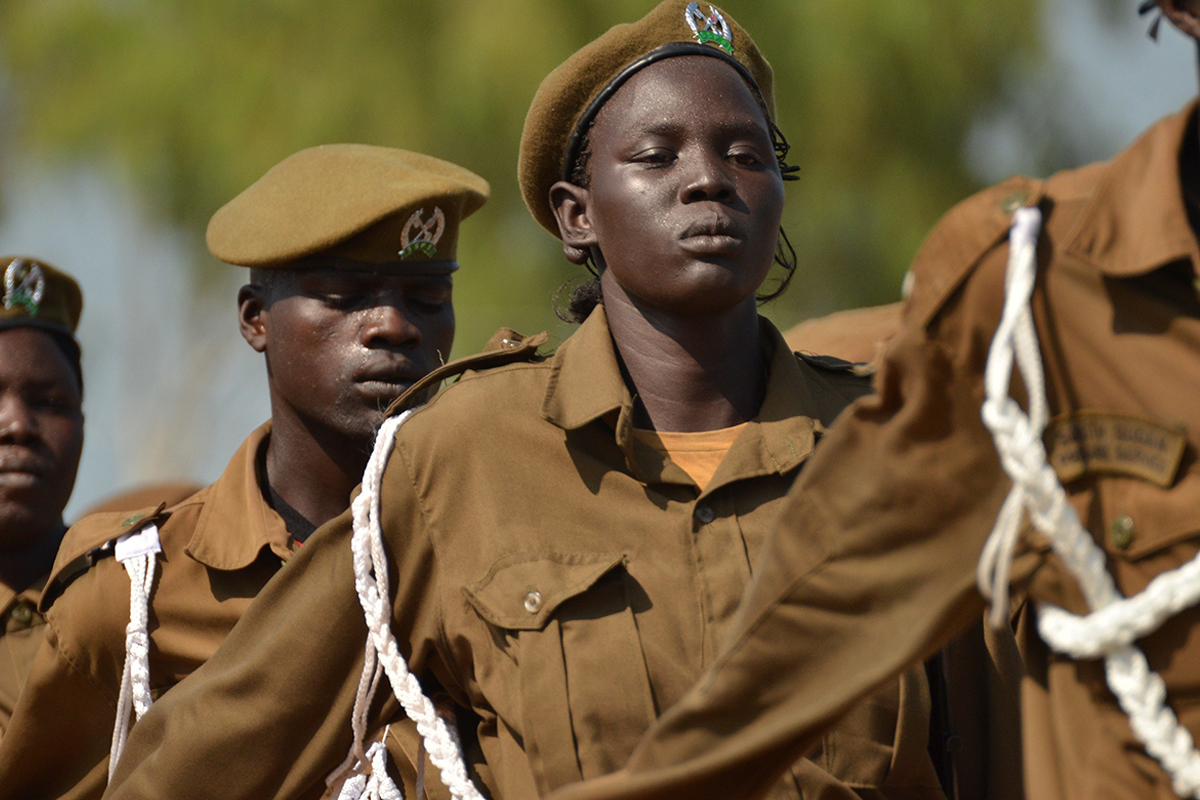Sudan, a nation plagued by violence and turmoil for far too long, stands at a crossroads as its paramilitary leader, Gen. Mohammed Hamdan Dagalo, asserts his commitment to a ceasefire. While this declaration may offer a glimmer of hope, the stark reality remains that the devastating conflict continues unabated, and proposed peace talks with Sudan military chief Gen. Abdel-Fattah Burhan show no signs of progress. This article delves into the ongoing crisis in Sudan, examining the latest developments and the challenges ahead.
As Sudan grapples with its worst humanitarian crisis in recent history, Gen. Mohammed Hamdan Dagalo, leader of the Rapid Support Forces (RSF), made a significant declaration during a meeting with South African President Cyril Ramaphosa. Dagalo emphasized his unwavering commitment to cease hostilities, a statement that holds immense weight in a nation besieged by violence. However, there needs to be a concrete plan or timeline for a meeting with Gen. Abdel-Fattah Burhan, who raises concerns about the feasibility of this ceasefire declaration.
The clashes between Dagalo and Burhan, former allies turned adversaries, have plunged Sudan into a state of chaos since mid-April, resulting in a staggering death toll that surpasses 12,000 people, according to the United Nations. Doctors and activists argue that the actual number of casualties may be even higher, underscoring the dire need for a swift resolution. Over seven million people have been forcibly displaced from their homes, with entire communities uprooted and lives shattered.
Despite the promises of a ceasefire, the conflict’s intensity has escalated. Just last month, a horrifying 300,000 individuals were compelled to flee their homes in a province that once served as a sanctuary for civilians. The RSF’s takeover of Wad Medani sparked fears among residents that they would endure atrocities similar to those witnessed in Khartoum and the Darfur region. Accusations of war crimes and crimes against humanity have been levelled against both the RSF and the Sudanese military by the U.S. State Department, further highlighting the gravity of the situation.
While Gen. Mohammed Hamdan Dagalo’s commitment to a ceasefire is a step in the right direction, it is essential to remember that actions speak louder than words. The Sudanese people have endured unimaginable suffering, and their hopes for a peaceful resolution to this crisis remain unfulfilled. The international community, led by figures like South African President Cyril Ramaphosa, must continue to exert pressure for an immediate ceasefire and facilitate the long-awaited peace talks. Sudan can begin its journey towards healing and stability through genuine dialogue and a commitment to justice.







